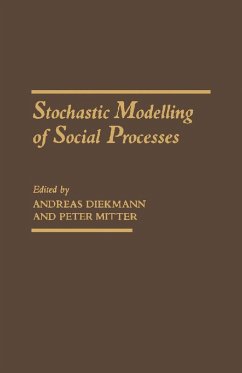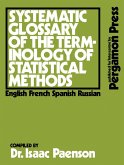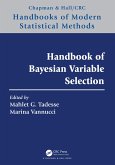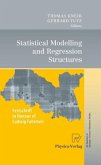Organized into nine chapters, this book begins with an overview of stochastic models that fulfill normative, predictive, and structural-analytic roles with the aid of the theory of probability. This text then examines the study of labor market structures using analysis of job and career mobility, which is one of the approaches taken by sociologists in research on the labor market. Other chapters consider the characteristic trends and patterns from data on divorces. This book discusses as well the two approaches of stochastic modeling of social processes, namely competing risk models and semi-Markov processes. The final chapter deals with the practical application of regression models of survival data.
This book is a valuable resource for social scientists and statisticians.
Dieser Download kann aus rechtlichen Gründen nur mit Rechnungsadresse in A, B, BG, CY, CZ, D, DK, EW, E, FIN, F, GR, HR, H, IRL, I, LT, L, LR, M, NL, PL, P, R, S, SLO, SK ausgeliefert werden.









